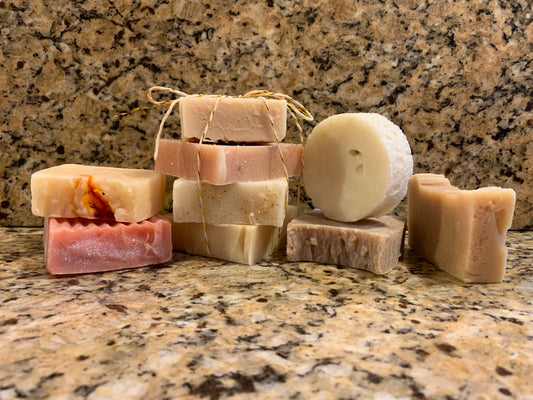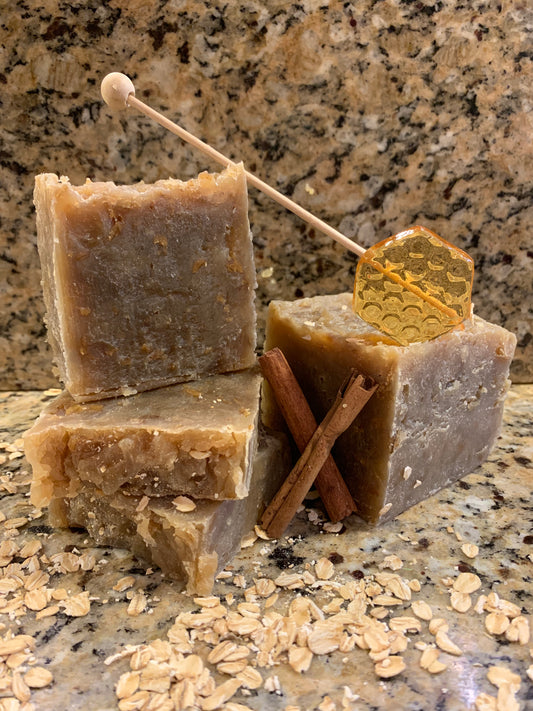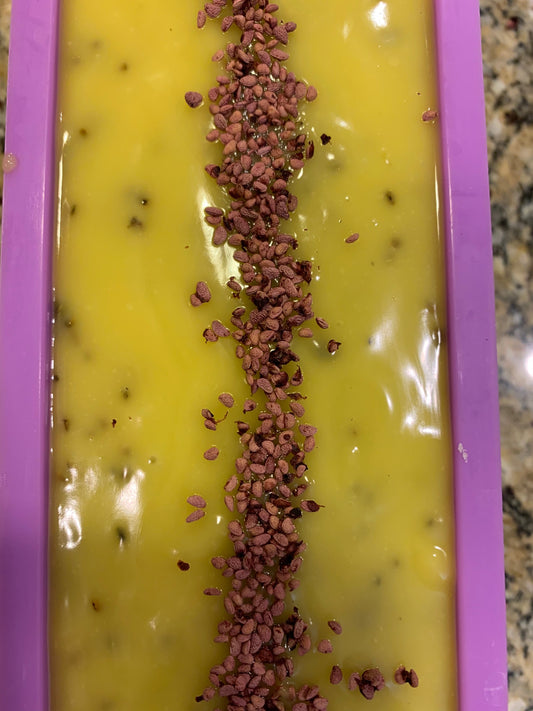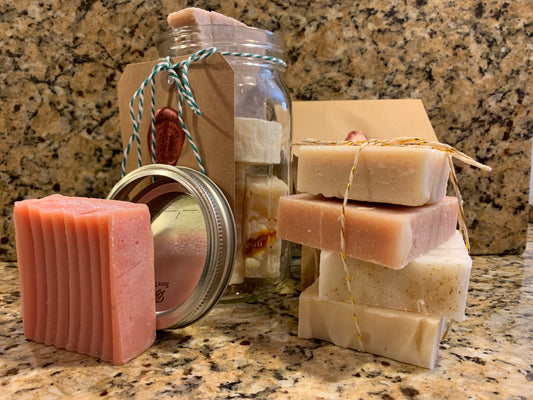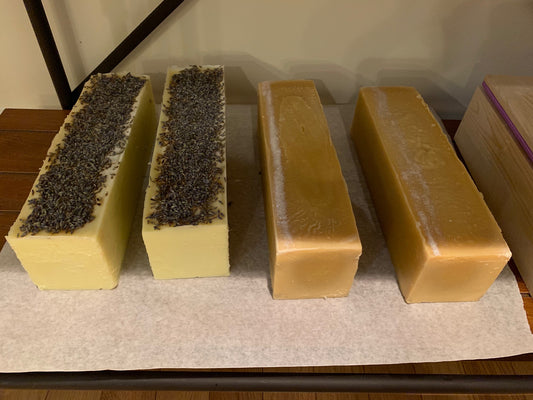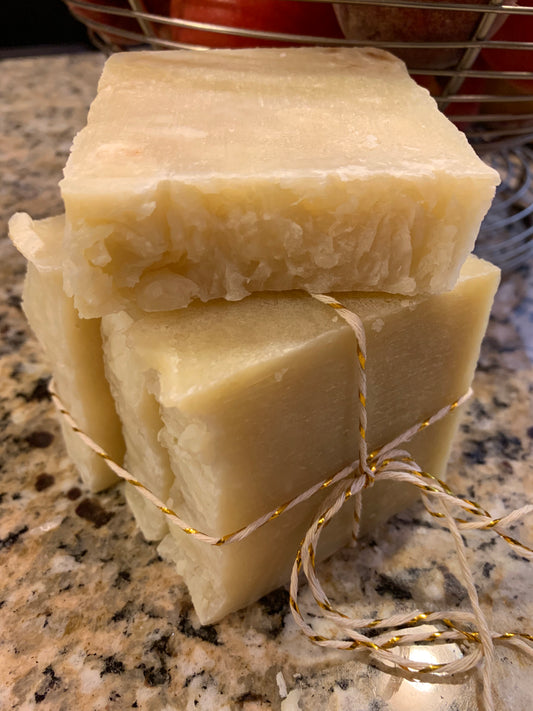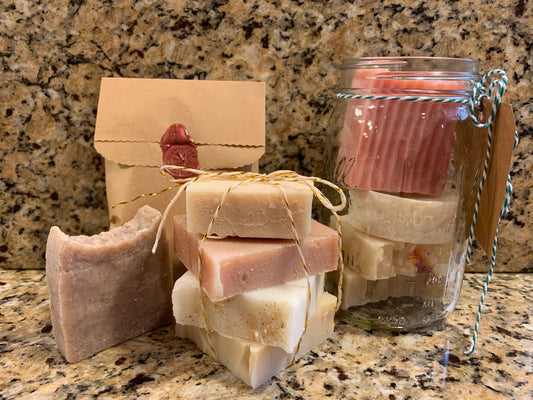Essential oils, concentrated plant extracts, retain the natural smell and flavor, or "essence," of their source. They are obtained through distillation (via steam and/or water) or mechanical methods, such as cold pressing. Once the aromatic chemicals have been extracted, they are combined with a carrier oil to create a product that's ready for use. The unique combination of aromatic compounds gives each essential oil its characteristic essence.
Essential oils are widely used in aromatherapy, where they are believed to promote physical and emotional well-being. Here are some of the potential health benefits associated with essential oils:
-
Stress and Anxiety Reduction: Lavender, rose, and chamomile essential oils are known for their ability to reduce stress and anxiety levels. Inhalation of these oils can trigger the release of certain chemicals in the brain that may have a calming effect.
-
Sleep and Insomnia Relief: Lavender oil, in particular, has been extensively studied for its ability to enhance sleep quality. Diffusing lavender oil in the bedroom at night can help improve sleep for some individuals.
-
Inflammation Reduction: Some essential oils, such as eucalyptus and frankincense, have anti-inflammatory properties. These oils can help reduce inflammation when applied topically in a diluted form, potentially benefiting conditions like arthritis.
-
Pain Relief: Peppermint and lavender oils are among those that may offer analgesic effects. Massaging diluted essential oil into areas affected by pain can provide relief for some people.
-
Immune System Support: Eucalyptus and tea tree oils are known for their antimicrobial and antiviral properties, making them popular choices for supporting the immune system, especially during cold and flu season.
-
Skin Care: Many essential oils, such as tea tree, lavender, and rose oil, have antibacterial and antifungal properties, making them beneficial in treating various skin conditions, including acne, eczema, and fungal infections.
While essential oils can offer various health benefits, it's important to use them correctly and safely. Essential oils are highly concentrated and can cause side effects if not used properly. Here are some safety tips:
- Always dilute essential oils with a carrier oil (such as jojoba or coconut oil) before applying them to the skin.
- Perform a patch test before using a new essential oil to ensure you don't have an allergic reaction.
- Consult with a healthcare professional before using essential oils, especially if you are pregnant, nursing, taking medication, or have a medical condition.
- Avoid ingesting essential oils unless under the guidance of a health professional trained in aromatherapy.
Essential oils can be a valuable addition to a holistic approach to health and wellness, but they should be used with caution and respect for their potent nature.

